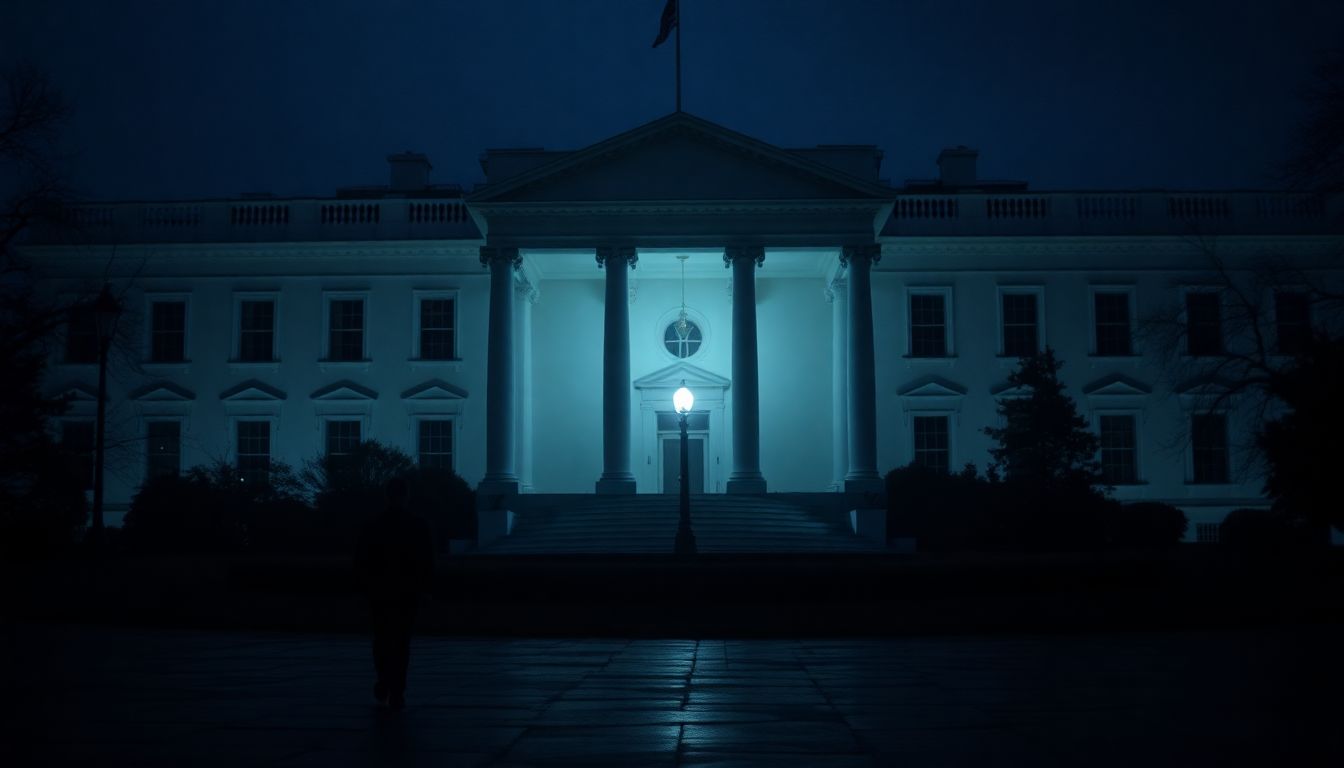
Biden's Student Loan Forgiveness Plan: A Legal Tightrope Walk
In 2023, student loan debt in the U.S. reached a staggering $1.7 trillion. The Biden administration introduced a plan aimed at forgiveness that promised relief for many borrowers. However, despite a previous Supreme Court ruling stating that the government lacks the authority to cancel student loan debt, the administration is pushing forward. This renewed effort raises serious legal and constitutional concerns, setting a potential precedent for future actions.
The Supreme Court's Previous Ruling on Student Loan Forgiveness
The Biden v. Nebraska case highlighted critical issues surrounding student loan forgiveness. The Supreme Court ruled against the administration's initial plan, asserting that the White House does not possess the power to unilaterally cancel student debt. In the majority opinion, the justices emphasized the importance of adhering to legislative authority and due process. They argued that such financial decisions must come from Congress, not the executive branch.
Dissenting justices expressed their disagreement, bringing forth arguments highlighting the urgency of student debt relief, especially amid economic challenges exacerbated by the pandemic. They felt the court's decision overlooked the potential benefits of alleviating financial strain on millions.
The immediate impact of this ruling was substantial. The administration had to pivot and rethink its approach to address the concerns raised by the Supreme Court.
The Administration's Revised Approach to Student Loan Forgiveness
In response to the Supreme Court's decision, the administration has made several changes to its student loan forgiveness plan. These modifications aim to align the program more closely with legal standards and expectations.
The new plan includes specific criteria for eligibility, aiming to provide relief without overstepping legal boundaries. The administration now argues that this revised approach is rooted in existing law, specifically leveraging provisions from the Higher Education Act.
However, the renewed push for loan forgiveness raises eyebrows. Analysts speculate that political motivations may be at play, particularly with upcoming elections. Many see this as an attempt to gain favor among younger voters burdened by student debt.
The Legal Challenges Facing the Revised Plan
While the administration is hopeful about its new strategy, several legal challenges could arise. Critics argue that the revised plan still overreaches and infringes on congressional authority.
Potential legal arguments might include claims that the administration is misinterpreting its legal context or failing to provide adequate justification for the changes. Those who could have standing to sue may include taxpayers who believe they will be adversely affected by the plan or borrowers who feel that their interests aren't adequately represented.
Relevant precedents from previous cases will likely be scrutinized, shaping the outcome of any future litigation. The stakes are high, as the legal framework surrounding federal student loans remains complex.
Economic Implications of Student Loan Forgiveness
The potential economic effects of student loan forgiveness are vast and varied. On one hand, forgiving loans could lead to increased consumer spending. Borrowers would have more disposable income to invest in goods and services.
Conversely, some experts argue that this plan might contribute to inflation or create a sense of moral hazard among future borrowers. The implications could be especially diverse across various borrower demographics, from recent graduates to long-term borrowers.
Long-term consequences may include shifts in higher education funding and enrollment trends, as institutions react to the changing landscape of student debt.
Political Ramifications and Public Opinion
Public support for student loan forgiveness fluctuates. Recent polls indicate that around 60% of Americans favor some level of debt forgiveness, though opinions vary significantly along political lines.
For Democrats, supporting loan forgiveness could energize their base, while Republicans might face backlash from constituents concerned about fiscal responsibility. With the next elections on the horizon, these political ramifications are evident.
The influence of student loan forgiveness on upcoming elections remains a hot topic. Candidates are keenly aware of public sentiment, and this issue may play a crucial role in shaping campaign strategies.
Conclusion
The debate surrounding student loan forgiveness is multifaceted, incorporating legal, economic, and political dimensions. While the Biden administration continues to push for relief, the implications of their renewed efforts raise critical questions about authority and responsibility.
Staying informed about these developments is vital. Engaging in the political process can shape the future of student loans and higher education in the U.S.